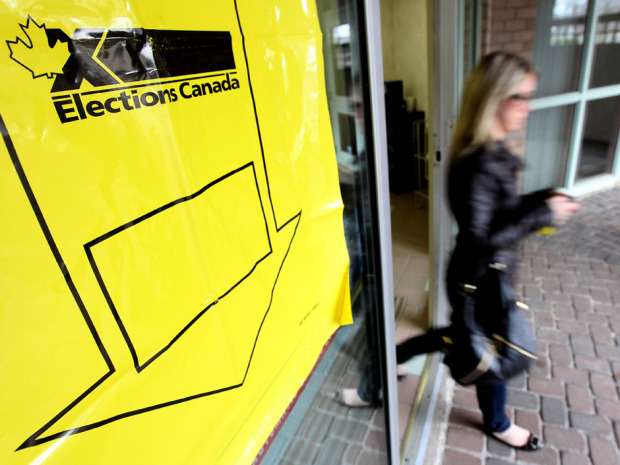On February 4, the Harper government unveiled its proposed Fair Elections Act, which, among other things, claims to simplify regulations, give law enforcement more autonomy, and increase the donation limit to campaigns. One of the more notable provisions would significantly strengthen voter identification requirements and dispose of the previous provision that allowed for voters to take an oath and present a witness in lieu of a government-issued document. These events have attracted controversy, with a lawyer from the American Civil Liberties Union (ACLU), Witold Walczak, warning that the reforms could pose a serious threat to the civil rights of many Canadians. Last month, Walczak helped to overturn a similar law in Pennsylvania, where a judge declared the reforms unconstitutional.
Walczak’s comments are best understood in context of America’s long history of conflicts over voting rights. In the U.S..suffrage was not effectively realized until 1965, with the implementation of the Voting Rights Act. In the months leading up to the November 2012 presidential election between Barack Obama and Mitt Romney, several states enacted new, more restrictive voter ID laws allegedly aimed at combating voter fraud. However, many observers, especially those on the left, interpreted these measures as a thinly veiled attempt by Republican lawmakers to depress turnout among certain demographic groups; after all, those most greatly impacted by the laws were students, recently naturalized citizens, and those in poverty—all of whom are crucial elements of the Democratic voter base.
Now, similar accusations are being made against the Conservative Party in Canada. It’s important to note, however, that the proposed changes in Canada are far less restrictive than those of their American counterparts. Under the Canadian version, voters will still be allowed to present 39 different forms of official identification, including phone bills or bank statements. By comparison, the Pennsylvania law required a document issued by the State Department of Transportation, making obtaining acceptable proof of identity significantly more difficult.
In assessing the necessity and appropriateness of these measures, it is crucial to consider the prevalence of voter fraud in both countries. In the United States, the question of whether voter fraud is a real issue is widely disputed, but most sources claim that there is little evidence of significant deception by voters themselves. In fact, one study even claims that from 2000 to 2012, there were only 10 documented cases of voter impersonation, a microscopic number in a country with average voter turnout of more than 100 million. In Canada, there has been at least one documented event involving voter impersonation; during the 2011 Canadian federal election, a polling division officer and clerk in Ontario knowingly vouched for several voters illegally.
While reforms like the Fair Elections Act have the potential to bring about marginally cleaner elections, they also may yield damaging effects that must not be brushed aside or discarded. These include a likely decline in turnout, as indicated in an analysis published in the Harvard Law and Policy Review, and a general sense of alienation among targeted minority groups.
One of the groups most directly impacted by these reforms in Canada is Aboriginal Peoples—particularly those who live on reserves and lack government-issued documents proving their place of residence—as well as seniors who reside in nursing homes and students, who often relocate seasonally. For these groups, the changes will be significant, and may cause logistical problems for interested voters, as well as loss of interest in political participation for many others.
Despite the fact that Canada’s reforms are milder than those passed in the United States, it is always better to err on the side of caution than run the risk of denying hundreds of thousands of people a basic right, enshrined in Section 3 of the Charter of Rights and Freedoms. Strengthening electoral laws will not increase the integrity of elections if it disenfranchises specific groups of people. Because of the relative lack of conclusive evidence that voter fraud is a major problem, pursuing this cause so forcefully is a misguided step for the Harper administration. Ultimately, any democracy that celebrates its commitment to the protection of civil rights should recognize that nationwide voter suppression is a far greater threat to liberty than voter fraud has ever been.








